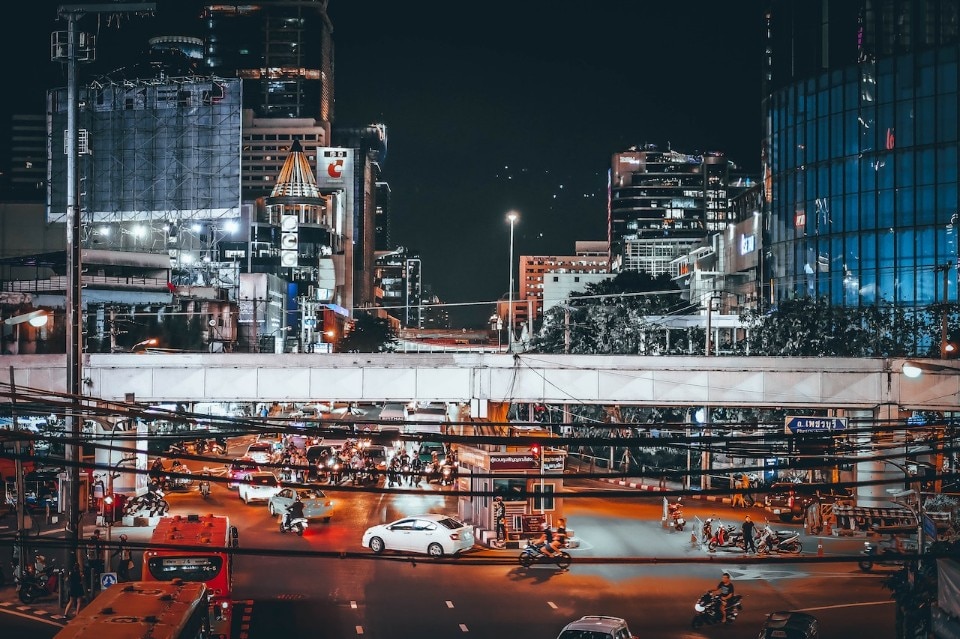“We have soon to have everywhere smoke annihilators, dust absorbers, ozonizers, sterilisers of water, air, food and clothing, and accident preventers on streets, elevated roads and in subways. It will become next to impossible to contract disease germs or get hurt in the city, and country folk will got to town to rest and get well.” Today, these words pronounced by the visionary pioneer of electrical energy Nikola Tesla at the cusp of the 20th century may seem inspired by an ingenuous optimism. However, it is impossible to ignore that his vision was founded upon two great truths. Firstly, the future is urban – it was for him, and it is all the more so for us. Secondly, what could be a better indicator of the proper functioning of a city and its technological apparatus than the wellbeing of its inhabitants?
Having established the validity of Tesla’s intuition, all that remains is to pursue its implicit intention: to improve the lives of people who live and work in cities.How to achieve this will be the core issue at the second edition of domusforum – the future of cities, the international conference organised by Domus on 10 October at the Teatro Franco Parenti in Milan.
Cities of tomorrow will be high-tech, hyper-connected and virtually omniscient. They will know their citizens and their habits. But the challenge to achieve “smartness” will be played out on the city’s ability to respond to its inhabitants’ needs.
The difference will not only depend on the shape of our future cities, but above all on their capacity to act. In other words, the difference will hinge on energy. On one hand, there is the “living force” of ideas that will animate governance. On the other, there are the spontaneous processes that represent both the stimulus and product of a social and urban fabric which appears to be undergoing rapid change all over the world. From Western nations struggling with epochal issues of migration and the digital revolution, to developing countries coping with mass urbanisation, and to large Latin American regions always poised between a third way and authoritarianism.
Then there is the more literal form of energy that fuels our vehicles and industrial machinery, heats our houses and powers our computers. This type of energy must necessarily change in order to increasingly embrace the paradigm of sustainability. But what kind of sustainability? Never has a concept seemed so penetrating and fragile at the same time.
In the second edition of “domusforum – The Future of Cities”, the debate will focus on these forms of physical, intellectual and social energies. How can we generate them? How can we bring them together in a coordinated approach, guiding them towards the production of an urban society that is fairer, more inclusive and accessible – and therefore, hopefully, better.
As in the first edition, these themes will be discussed by leading international figures in the fields of design, institutions, economics and finance, social sciences and business.
This year’s speakers will include the guest editor of Domus Winy Maas, a world-renowned architect and urbanist, who will deliver a speech on the relationships between energy and urban planning. In addition, as with last year’s event, Domus will present the results of a new and unpublished survey in collaboration with ISPI - Italian Institute for International Political Studies.
E poi c’è l’energia propriamente detta che muove i veicoli e i macchinari delle industrie, che scalda le case, alimenta i computer e che deve necessariamente cambiare per abbracciare sempre più il paradigma della sostenibilità. Ma quale sostenibilità? Mai concetto è apparso più penetrante e più fragile assieme.
Conceived as a development of the Domus system, “domusforum – The Future of Cities” is proposed as a platform for exchanges between architecture and its related disciplines. The aim of this initiative is to gain an overview of the trends and dynamics at play in the urban world of the near future.
The first edition of domusforum was held at the Teatro Parenti in Milan on 11 October 2018. The event’s distinguished speakers included, among others, the sociologist Saskia Sassen, the Oxford University philosopher Luciano Floridi, the African activist Samia Nkrumah, the EPFL geographer Jacques Lévy, the visionary sociologist and journalist Evgeny Morozov, and the Mayor of Milan Giuseppe Sala.
- Event:
- domusforum - the future of cities 2019, seconda edizione
- Where:
- Milan, Teatro Parenti, via Pier Lombardo 14
- When:
- 10 October, 2019



